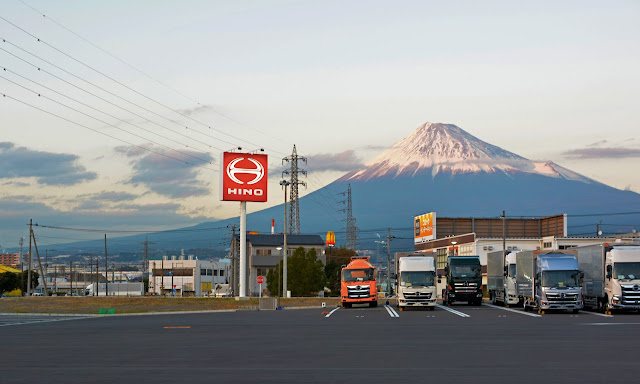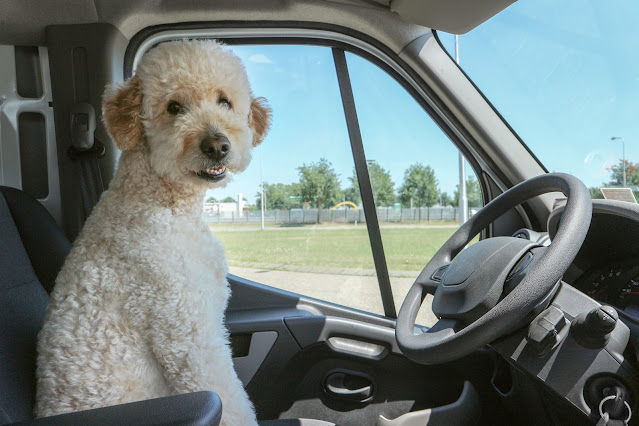The self-driving vehicles will operate during the nighttime on the approximately 120-kilometer (75 Mile) stretch between the Surugawan-Numazu service area and the Hamamatsu service area. This section of the Shin-Tomei Expressway consists of three lanes in each direction. In March, the government finalized important aspects such as whether the lane will be exclusively dedicated to automated driving and which types of vehicles will be permitted.
Due to the shortage of drivers in the transportation industry,
which is predicted to worsen in 2024 with the implementation of overtime
regulations and penalties, Mitsubishi Estate Co. plans to collaborate with T2
Inc., a developer of self-driving systems, to initiate an unmanned
transportation service as early as 2026. Mitsubishi Estate will construct
"next-generation core distribution facilities" connected directly to
expressway interchanges in the Kanto, Chukyo, and Kansai regions to facilitate
the operation of self-driving trucks.
Based in Ichikawa, Chiba Prefecture, T2 aims to primarily offer
transportation services along the Shin-Tomei and Shin-Meishin expressways,
utilizing Mitsubishi Estate's distribution facilities. Notably, T2 has been
conducting demonstration experiments involving manned self-driving trucks on
the Higashi-Kanto Expressway.
The Japanese government's plan to establish a designated lane
for self-driving vehicles on the Shin-Tomei Expressway in Shizuoka Prefecture
by 2024 is a significant step towards addressing the shortage of truck drivers.
This innovative solution shows their commitment to adopting autonomous
technology in the transportation industry, aiming to improve efficiency and
meet the increasing demand for transportation services. The collaboration
between Mitsubishi Estate Co. and T2 Inc. further supports this initiative, as
they work together to create next-generation core distribution facilities
connected to expressway interchanges.
Related Articles:
Subaru Introduces EyeSight Technology to Manual Transmission: A Game-Changer in Driving Safety
Transforming Urban Mobility: Suzuki and SkyDrive's Revolutionary Flying Car Partnership
Exploring Society 5.0: Toyota Motor Corp Drives the Future of AI and Smart Cities




Comments
Post a Comment